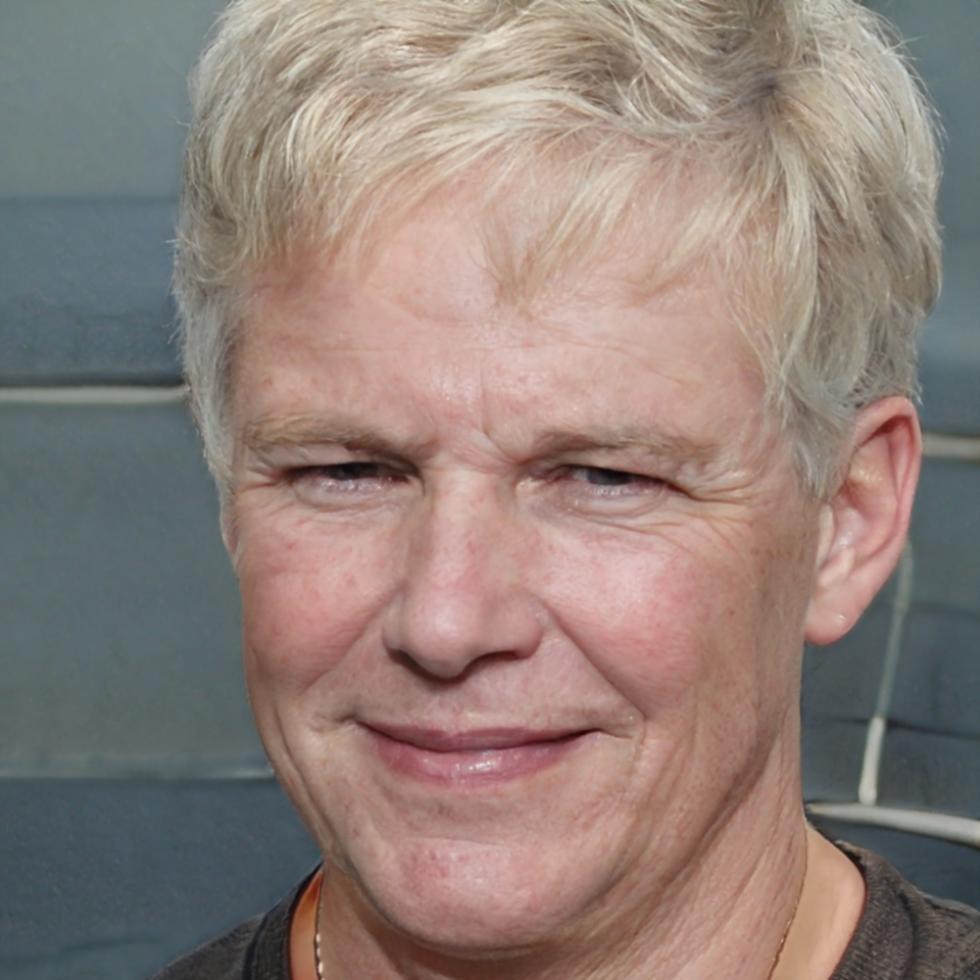Building Mobile Games That Actually Work
We started this program because we've been on the other side. We've spent years making games that bombed, games that succeeded, and everything in between. Now we teach what actually matters when you're trying to create something players want to spend time with.
Explore Our ProgramHow We Approach Game Development Training
Most programs throw everything at you at once. We break it down differently—starting with what players actually respond to, then building your technical skills around that foundation.
Core Mechanics First
Before you touch a line of code, you'll understand what makes mobile games engaging. We start with player psychology and work backwards from there.
Platform Development
iOS and Android have different audiences and different technical requirements. You'll learn both, with real projects that run on actual devices, not just simulators.
Live Testing Cycles
Your game gets in front of real users by month four. We'll show you how to gather feedback that actually helps, not just compliments or complaints.

Different Ways to Learn With Us
People have different schedules and different learning styles. We've set up three main pathways so you can choose what fits your life right now.

Harlan Voss
Shipped 12 mobile titles over eight years. Three hit top 100 in their categories. Now teaches the hard-won lessons from the nine that didn't.

Toren Blackwell
Spent five years at a mid-sized studio handling live ops and player retention. Knows what keeps people playing beyond the first week.
What You'll Actually Learn Here
We're not promising you'll make the next viral hit. That's not how this industry works, and anyone who tells you otherwise is selling something.
What we do teach: how to build games that run smoothly on different devices, how to test whether your ideas work before you invest months in them, and how to structure projects so you can actually finish them.
You'll work with Unity and native development tools. You'll learn monetization models that don't alienate players. And you'll understand enough about the Taiwan and broader Asian mobile market to make informed decisions about what to build.
The hardest part isn't learning to code. It's learning what to code, and when to stop adding features and ship something. That's what we focus on.
What Six Months Actually Looks Like
This isn't a bootcamp that promises you'll be ready in eight weeks. Building games takes time. Here's the realistic breakdown of what you'll work on each phase.
Foundation and First Prototypes
You'll start with paper prototypes before writing any code. Sounds old-school, but it's the fastest way to test whether your core loop is actually fun.
- Mobile game design principles and touch interface considerations
- Unity basics and C# fundamentals for game logic
- Three simple prototypes you'll build, test, and probably throw away
- Understanding performance constraints on mobile hardware
Platform Development and Testing
Now you're building something that works on actual phones. This is where most beginners hit technical walls. We'll help you climb over them.
- Native iOS and Android development requirements
- User testing with real players (not just your friends)
- Analytics integration to see what people actually do in your game
- Debugging common mobile-specific issues
Polish and Launch Preparation
Getting something to 80% done is easy. That last 20% is where most projects die. We focus heavily on finishing things during this phase.
- Performance tuning and battery life considerations
- Store listing optimization and screenshots that convert
- Soft launch strategies and gathering meaningful feedback
- Monetization implementation without breaking user experience

